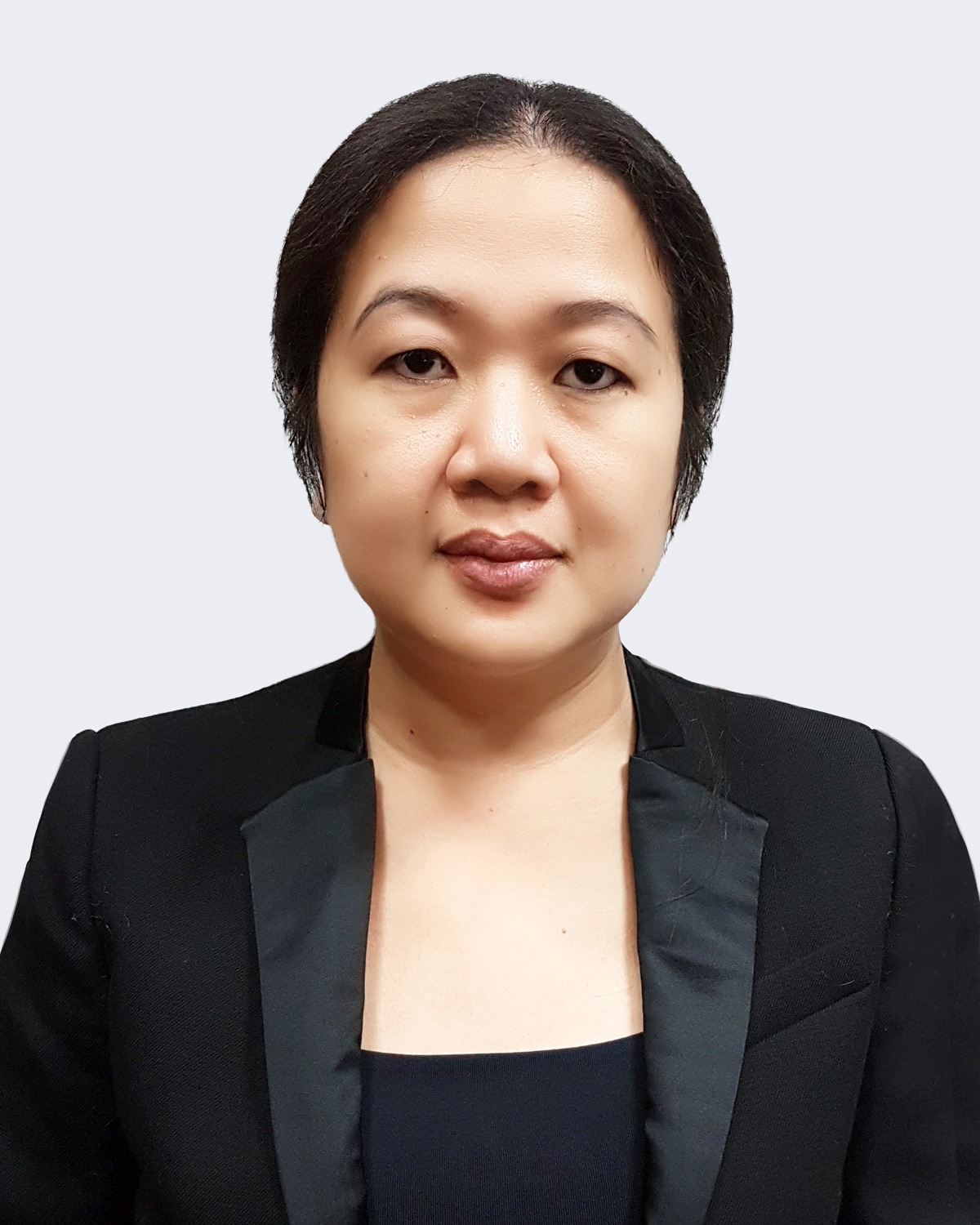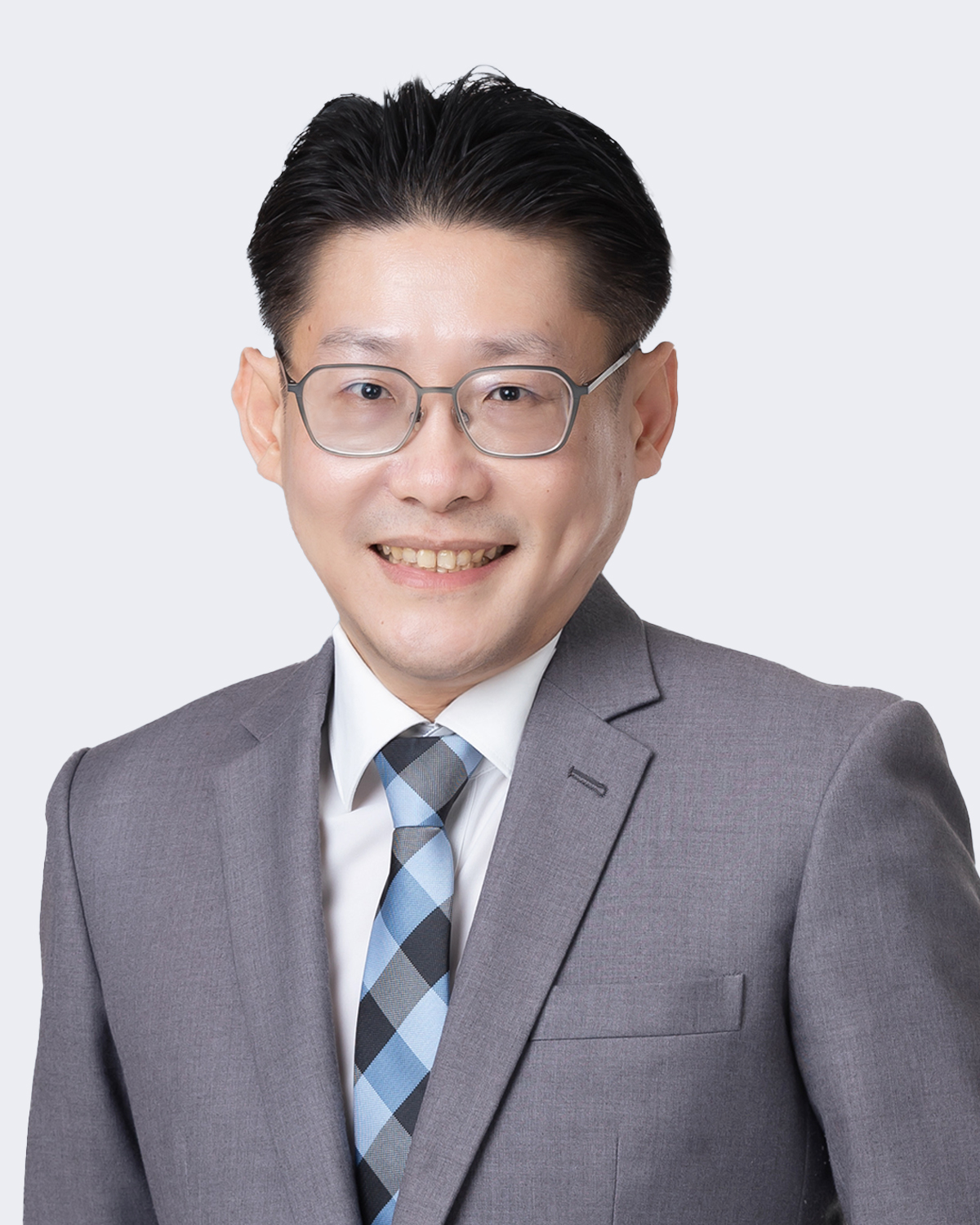
It has become conventional practice throughout the world for countries with established systems of intellectual property to offer copyright protection for computer programs. Indonesia, for example, provides copyright protection for computer programs for a period of 50 years from the date of first publication.
The general consensus, however, is that copyright protection for computer programs remains weak and inadequate because it protects only the expression in its tangible form of the work, as opposed to its inventiveness. Computer program inventors have therefore sought alternative means to protect their inventions.
Protection through patents has become the most preferred way for inventors to secure IP rights to their computer program inventions. The use of patent protection for this purpose has been fraught with controversy, however, and Indonesia has yet to take a clear stance with respect to the subject matter that is patentable under its Patent Law No. 14 of 2001.
Indonesia’s Patent Law
In Indonesia, computer programs are not explicitly prohibited as patentable subject matter under Article 7 of Indonesia’s Patent Law No. 14 of 2001. However, in a supplemental explanatory section to the Patent Law, it is stated that “Invention does not include: … (4) rules and methods related to computer programs…”
In the midst of this uncertainty and vagueness surrounding Indonesian patent law, many computer program inventions have been successfully filed and patented in Indonesia. Direct claims to computer programs that were granted include, for example, “A computer program written in a computer-readable format, so that processing to manage a wireless network is performed on a computer system, comprising: a management information acquiring step for acquiring management information in the network concerned; and so on.”
The above example of a granted computer program claim in an Indonesian patent corresponds to a granted claim in the corresponding Japanese patent. Notably, however, this computer program claim is excluded from the granted claims of the corresponding U.S. patent and the amended claims of the corresponding European pending application.
In practice, the substantive examination process for computer program patent applications does not differ from that of patent applications in other fields of invention—if the invention is deemed to establish an unobvious difference from its prior art and solve a technical problem, the invention may be granted a patent. The Directorate of Patents allows the claims of the Indonesian patent application to conform to the granted claims of a corresponding foreign patent, in spite of the laws in the other jurisdictions possibly contradicting the current Indonesian law on patenting computer programs.
International Comparisons
The patentability of computer programs varies from country to country. In Thailand, for instance, computer programs are explicitly ineligible to be considered as patentable inventions under Section 9(3) of the Thai Patent Act B.E. 2522 (1979). Likewise, in European Union member states, Article 52(2) of the European Patent Convention (EPC) stipulates that programs for computers shall not be regarded as inventions.
By way of an exception, however, Article 52(3) of the EPC states that “Paragraph 2 [of Article 52] shall exclude the patentability of the subject-matter or activities referred to therein only to the extent to which a European patent application or European patent relates to such subject‑matter or activities as such.” Therefore, if the computer program involves a technical feature that solves a technical problem in a non-obvious way, the invention is patentable.
Within this international context, the current practice of Indonesian Patent Examiners appears to be more advantageous to inventors than the practice in many other jurisdictions, although the chance of a successful patent grant still depends heavily on the grant of a corresponding foreign patent. Inventors of computer programs should seek to take advantage of this favorable system by patenting relevant claims in Indonesia. Indeed, a review of recent filing trends would seem to indicate that inventors are pushing ahead in this space, as there has been a growing trend in the number of overseas patent applications being filed in Indonesia during the period of 2010 to 2012 for inventions related to computer programs.

